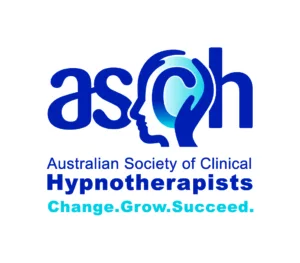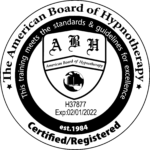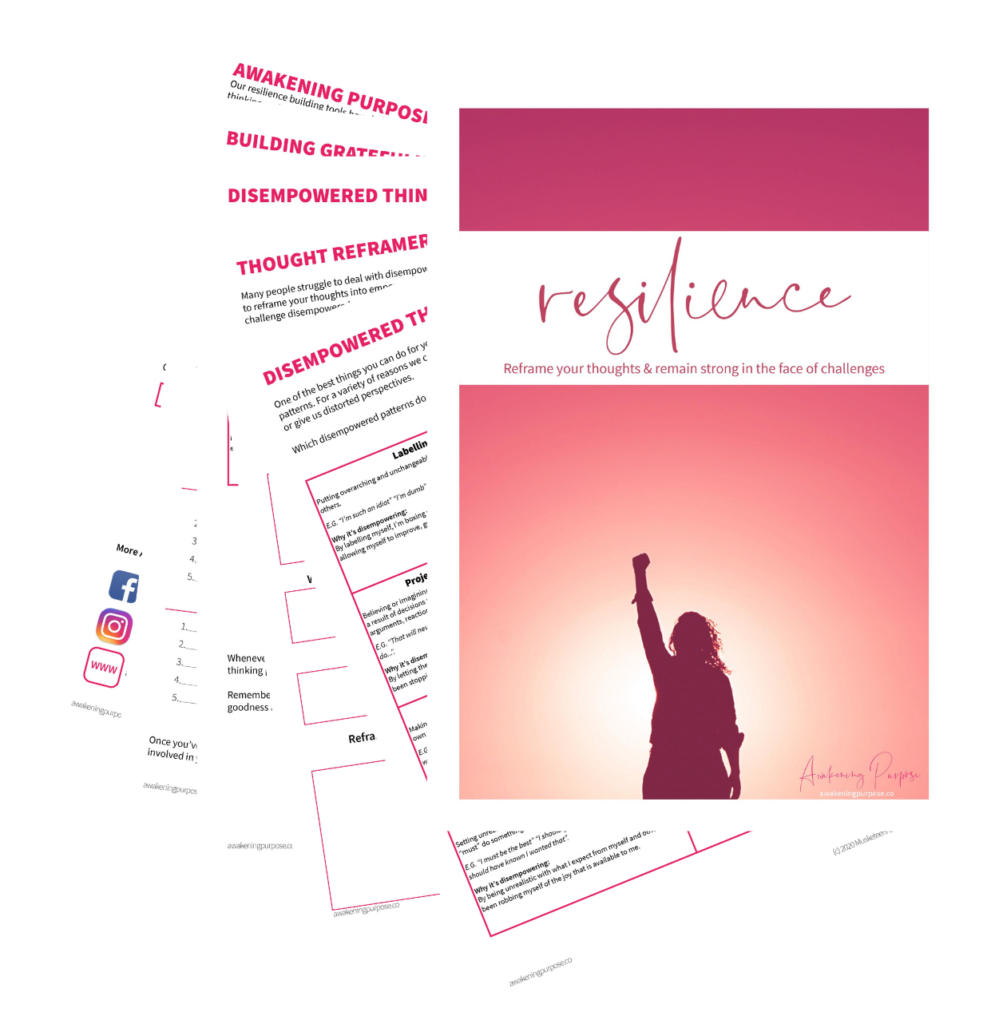Here are the answers to 10 of the most frequently asked questions we get about EMDR at our Awakening Purpose studio in Bangalow/Byron Bay:
1. What does EMDR stand for and how does it work?
EMDR stands for Eye Movement Desensitisation and Reprocessing. It’s a therapy that helps people process and reframe traumatic memories by combining focused recall with bilateral stimulation, such as side-to-side eye movements, tapping, or sounds. This reduces the emotional intensity of distressing experiences and promotes healing.
2. What kinds of issues can EMDR therapy treat?
EMDR is effective for treating post-traumatic stress disorder (PTSD), anxiety, depression, panic attacks, phobias, grief, chronic pain, and even performance anxiety. It’s widely used for trauma but has broad applications.
3. How is EMDR different from traditional talk therapy?
Unlike traditional talk therapy, EMDR (and Clinical Hypnotherapy) does not require extensive discussion of the traumatic event. It focuses on reprocessing memories on a neurological level, often producing results faster than cognitive or talk-based approaches.
4. Is EMDR scientifically proven to be effective?
Yes. EMDR is backed by over 30 years of research and is widely recommended as an effective treatment for trauma and PTSD.
5. How long does EMDR therapy take to work?
The number of sessions varies depending on the individual and their experiences. Some people feel significant relief after just a few sessions, while others may need more extended treatment based on the complexity of their trauma history.
6. What happens during an EMDR session?
In a typical EMDR session, the therapist guides you to recall a distressing memory while simultaneously leading you through bilateral stimulation (such as eye movements or tapping). This helps your brain process the memory in a new, less distressing way.
7. Are there any side effects of EMDR therapy?
Some people may feel tired or emotionally sensitive after sessions, especially in the early stages. These are temporary effects and often indicate that processing is occurring. EMDR is generally considered safe when administered by a trained professional.
8. Can EMDR be done online or virtually?
Yes. Many therapists offer EMDR virtually using tools for bilateral stimulation (like visual cues or audio tones). Remote EMDR can be just as effective as in-person sessions when facilitated properly.
9. Do I need to relive the trauma in detail during EMDR?
No. One of the benefits of EMDR is that you don’t need to discuss all the details of your traumatic experiences. The focus is on how the memory is stored in the brain, not necessarily the content itself.
10. Who should not undergo EMDR therapy?
EMDR may not be suitable for individuals with certain dissociative disorders, active substance abuse, or severe mental health crises without stabilization first. A trained therapist will evaluate whether EMDR is appropriate and safe for each client.
Do you want to discuss how EMDR or Clinical Hypnotherapy could help you address an issue? Book your free consultation call here.






